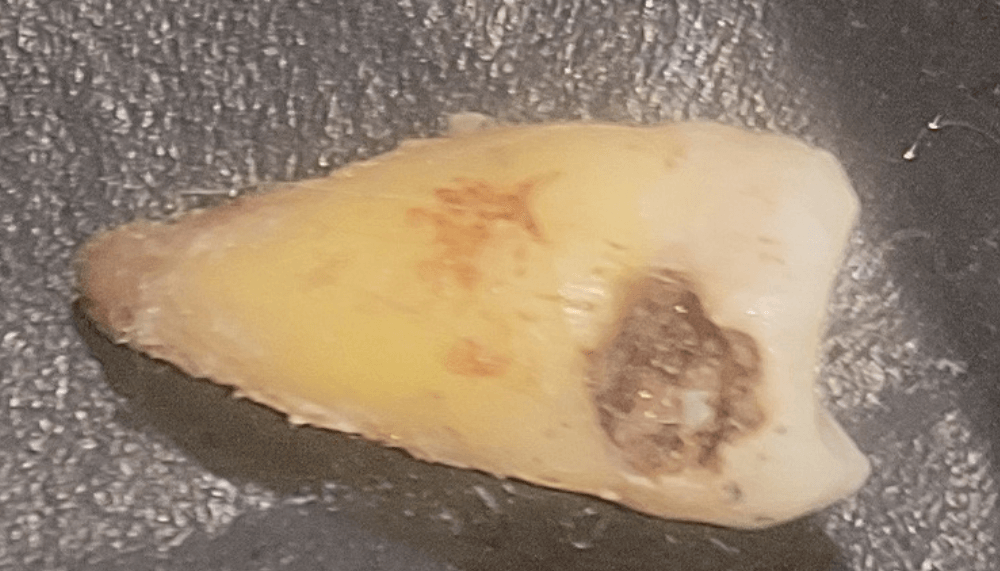
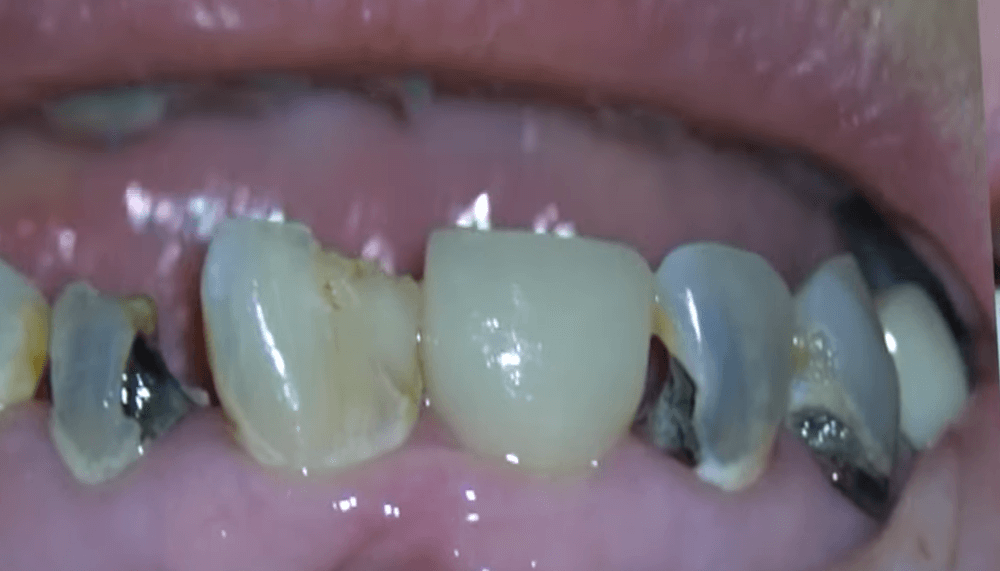
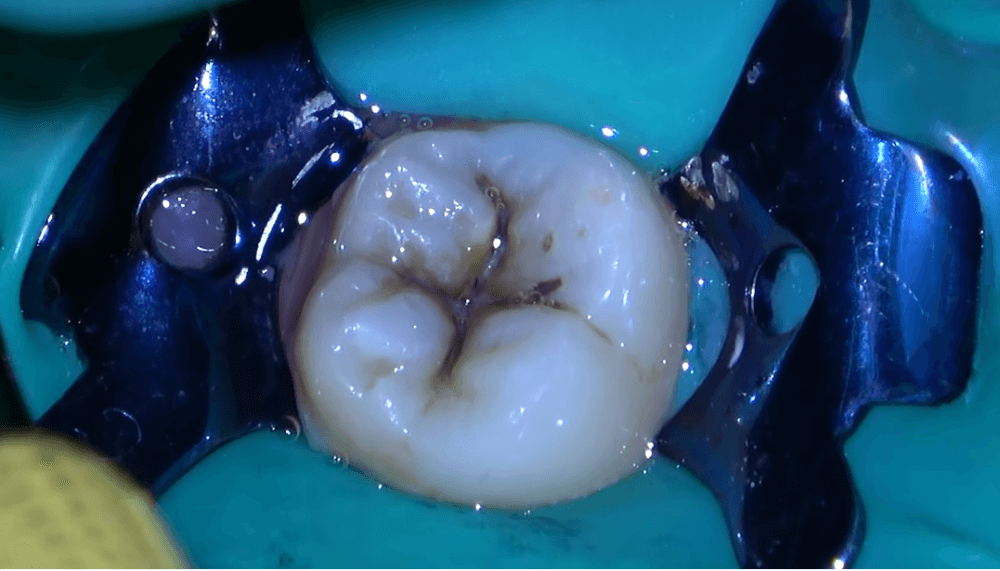
Everyone knows that a healthy smile is crucial for a great first impression and overall well-being. Dental caries, or tooth decay, is a common issue affecting anyone, regardless of age. But What Does Dental Caries Mean, exactly?
I’m Dr. Emda, an Oral and Dental Surgeon, here to help you understand dental caries with causes, prevention, interception, and treatment. I’ll give you easy steps and advice to keep your teeth healthy.
This blog post will be your guide to everything about tooth decay. We’ll make dental care simple and easy to follow.
So, let’s preview what’s ahead. We’ll delve into the causes of dental caries, share essential tips for preventing it, and explore the most effective treatments. I aim to empower you with knowledge and practical solutions for a healthier smile.
Whether taking steps to prevent dental caries or seeking ways to treat it, you’re in the right place. Join me, Dr. Emda, as we embark on this journey to better oral health together.
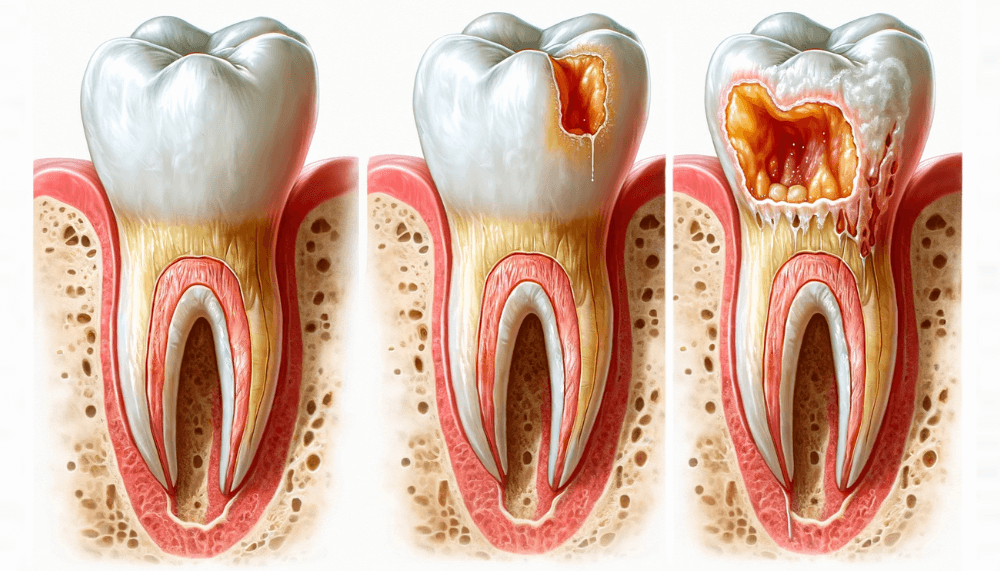
Understanding Dental Caries
Lots of people get cavities, but not everyone knows why. Have you ever wondered about tooth decay or dental caries? What Does Dental Caries Mean? How does it happen, and why do so many people have it?
This section is here to help you understand. We’ll talk about cavities in a way that’s easy to get. This is for anyone who wants to learn without getting confused. We’re going to take a look at all the details of tooth decay, step by step.
Let’s learn together how to keep our teeth healthy. Ready to find out how to protect your smile? Let’s start this journey to good dental health.
What Does Dental Caries Mean?
Ref: Kidd E. and Joyston-Bechal S. Essentials of Dental Caries – The Disease and“Dental caries is a disease process resulting in the demineralization of dental hard tissues by microbial activity. It is a readily preventable disease and can be arrested or reversed in its early stages. The pattern of dental caries has changed in recent years; new lesions are more likely to develop in pits and fissures, with smooth surface lesions becoming less common.”
its Management, 2nd edn. London, Oxford University Press, 1997.
Tooth decay, also called dental caries, is when your teeth start breaking down. Microorganisms cause this by attacking the hard part of your teeth. Think of it as tiny bugs creating holes, known as cavities, in your teeth.
If we don’t do anything about these cavities, they can get bigger and deeper. So, how does a strong tooth begin to decay? It’s a fight between keeping our teeth safe and the bad germs.
We can actually stop tooth decay or even fix it when it’s just starting. Recently, the places where we find tooth decay have changed. Now, it’s more common in the grooves and dips of our teeth. The flat parts are getting it less.
To prevent decay, brushing our teeth twice a day and flossing really help. Eating less sugar also makes a big difference. Dentists can put a special protective cover on our teeth to keep the germs away.
If you think you have a cavity, seeing a dentist quickly is important. They can spot the problem early and help fix it. Remember, taking care of your teeth is a big part of staying healthy.
The Science Behind Tooth Decay: How and Why It Happens
Imagine your mouth as a bustling city where different activities happen. When you eat or drink anything sugary, it’s like throwing a feast for bacteria living in your mouth. These bacteria love sugar, and they use it to produce acid. This acid is the villain of our story, as it starts to wear away the tooth’s hard outer shell, known as enamel.
Tooth decay doesn’t just happen all at once. It slowly damages the enamel, the hard outer layer of your teeth. Luckily, our saliva is like a hero. It tries to fix this damage by adding minerals back to our teeth. This fixing process is called remineralization. It uses minerals like calcium and phosphate.
However, if the acid from germs attacks too much, our saliva can’t keep up. That’s when tooth decay begins. Our saliva fights hard, but it needs help if the acid attacks are strong and often.
To stop decay, it’s important to brush and floss regularly. Also, eating foods rich in minerals helps our saliva in the fight against decay. Visiting the dentist regularly can cause problems early. Taking care of our teeth is key to preventing cavities and keeping our smiles healthy.
Different Stages of Dental Caries Development
Dental caries, commonly known as tooth decay, is a problem that can affect anyone. It’s important to know how it develops so you can keep your teeth healthy. Here’s a breakdown of the different stages of dental caries development:
A. The Initial Lesion
- The first stage is when the hard outer layer of your tooth, called enamel, starts to lose minerals.
- This happens because of acids produced by bacteria in your mouth. These acids come from the food and drinks you consume, especially sugary and starchy ones.
- The decay starts with a white or brown spot on the tooth’s surface. You might not see any visible signs at this stage, but a dentist can spot them using special tools.
- This stage is often reversible with good oral hygiene and fluoride treatment.
B. Enamel Decay
- When teeth lose minerals, they can get white or brown spots. This means the hard outer layer, called enamel, is getting damaged.
- But don’t worry, you can fix it! Brushing your teeth well and using fluoride treatments can help. These steps can stop the damage and even reverse it.
- Taking care of your teeth is super important. Make sure to brush regularly and use fluoride to keep your teeth strong.
- This way, you can fight off tooth decay and keep your smile healthy. Remember, it’s all about keeping up with your dental hygiene to avoid these problems.
C. Dentin Decay
- Dentin sits right below the enamel on your teeth.
- If decay gets to the dentin, it moves faster because dentin is softer.
- You might notice your tooth hurts or feels sensitive.
- This is a sign to visit the dentist right away. Going to the dentist can stop the decay from getting worse.
- It’s very important to catch these problems early.
- Regular check-ups with your dentist help keep your teeth healthy.
- Don’t wait until it hurts; seeing a dentist can save your teeth from bigger issues.
D. Pulp Involvement
- The pulp is deep inside your tooth.
- It has nerves and blood vessels.
- If decay gets to the pulp, you might get a really bad toothache. This can also cause a very painful infection.
- At this point, you might need a root canal to fix it.
- Sometimes, the tooth might even need to be taken out if it’s really bad.
- Getting help early can prevent these serious problems.
- Always tell your dentist about tooth pain. They can help stop the decay and keep your teeth healthy.
- Regular dental care is super important to avoid big issues like this.
E. Abscess Formation
- When an infection moves out of a tooth to nearby areas, it can create an abscess.
- An abscess is a big deal. It can make your face swell, cause a lot of pain, and sometimes even give you a fever.
- You need to see a dentist right away if this happens.
- Quick dental care stops the infection from getting worse.
- Don’t ignore signs like swelling or pain.
- Going to the dentist fast can help fix the problem.
- Keep your teeth clean and visit the dentist regularly. These works can help prevent situations like this.
- Always take tooth pain and swelling seriously to keep your smile safe and healthy.
Risk Factors for Dental Caries
Dental caries are a common problem that affects people of all ages. It happens when the enamel, the hard outer layer of your teeth, gets damaged. But what causes dental caries? Let’s dive into the risk factors that make some people more likely to get cavities than others.
Risk Factors for Dental Caries are:
- Poor Oral Hygiene
- Sugary and Acidic Foods and Drinks
- Lack of Fluoride
- Dry Mouth
- Young or Older Age
- Smoking and Using Tobacco
- Not Visiting the Dentist Regularly
Factor: Poor Oral Hygiene
Solution for Poor Oral Hygiene
Factor: Sugary and Acidic Foods and Drinks
Solution for Sugary and Acidic Foods and Drinks
Factor: Lack of Fluoride
Solution for Lack of Fluoride
Factor: Dry Mouth
Solution for Dry Mouth
Factor: Young or Older Age
Solution for Young or Older Age
Factor: Smoking and Using Tobacco
Solution for Smoking and Using Tobacco
Factor: Not Visiting the Dentist Regularly
Solution for Not Visiting the Dentist Regularly
Dental caries can be a pain, literally. But knowing what causes them and how to prevent them can keep your teeth healthy.
Remember, taking care of your teeth today means a brighter, healthier smile tomorrow. So brush up on these tips, cut down on sweets, and make that dentist appointment. Your teeth will thank you!
Protecting Your Smile
The fight against dental caries is ongoing, but it’s one you can win with the right tools and knowledge. Brushing twice a day with fluoride toothpaste, flossing daily, eating a balanced diet, and visiting your dentist regularly for check-ups and cleanings are your best defenses against tooth decay.
Remember, the earlier you catch and address dental caries, the easier it is to treat. So, don’t wait for the pain to tell you something’s wrong. Be proactive about your dental health, and keep your smile bright and strong for years to come!
Conclusion
Understanding dental caries is the first step in preventing them. By knowing what causes tooth decay, its stages, and the risk factors, you’re better equipped to protect your teeth. With simple, daily practices, you can maintain a healthy mouth and avoid the pitfalls of dental caries. Keep smiling, and let your teeth shine bright as a testament to your care and knowledge!
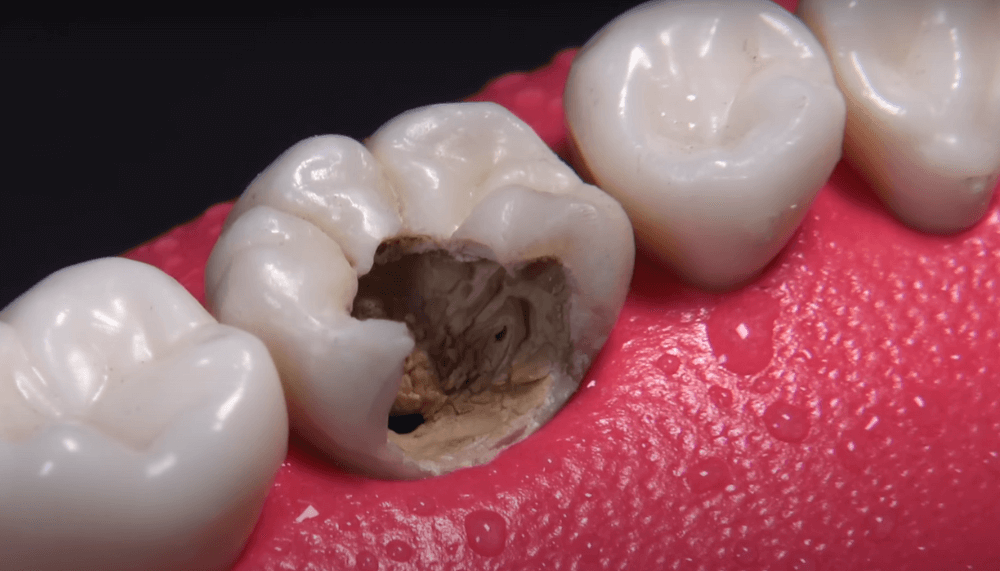
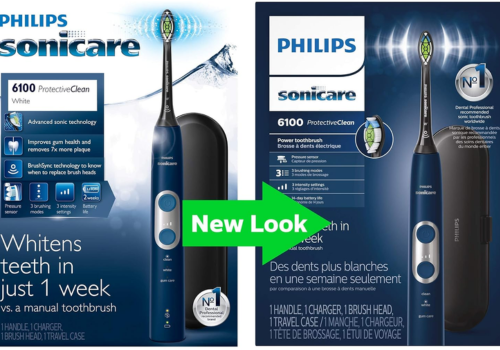
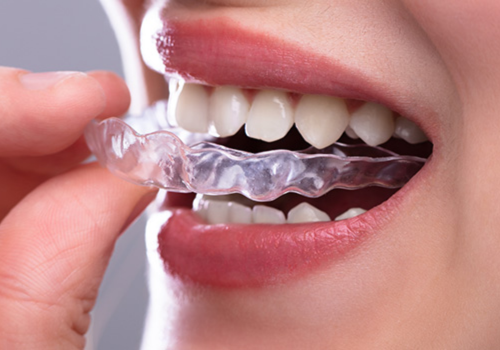
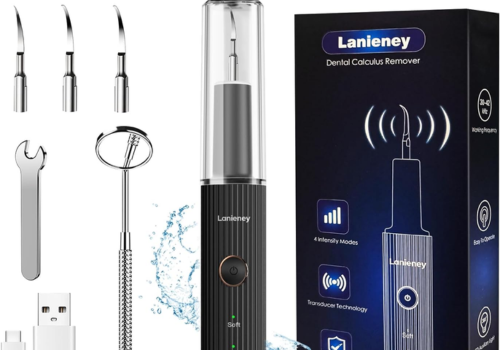
Leave a Reply